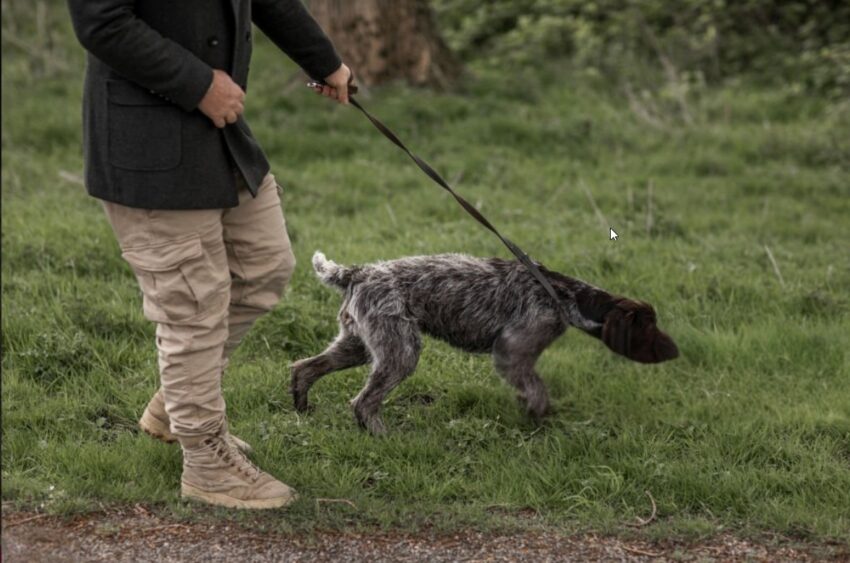Hunt tests provide a structured framework for evaluating a retriever’s abilities under realistic hunting scenarios. Progressing through these levels involves meeting increasing standards in obedience, marking, and handling. This process reflects a retriever’s development and refinement in skill, training, and composure.
Started Level Foundations
The entry point for most retrievers is the Started level. At this stage, dogs are expected to retrieve single marks on both land and water. Simplicity and encouragement are emphasized, making it suitable for young or inexperienced retrievers. While handlers may offer considerable guidance, basic obedience and steady delivery are essential. Success at this level indicates the retriever has the foundational drive and composure necessary to progress.
Seasoned Level Progression
The next stage, the Seasoned level, introduces more complex challenges such as double marks, walk-ups, and basic blind retrieves. Diversion shots and honoring other dogs’ retrieves are also included. These elements require greater discipline, memory, and focus. The retriever must demonstrate steadiness at the line and follow precise commands when directed to a hidden bird. This level often serves as a critical point where handlers refine teamwork and consistency with their dog.
Finished Level Mastery
Finished level represents the highest standard in typical hunt tests. Dogs must navigate triple marks, multiple blind retrieves, and various distractions while remaining completely under control. Marks may be widely spaced and launched from multiple directions. Blind retrieves demand pinpoint accuracy, requiring dogs to respond reliably to whistles and directional hand signals. Judges look for minimal handling on marks, clean lines, and sharp responses, reflecting a high level of training and communication.
Challenges and Preparation
Advancing through these levels often uncovers areas needing improvement, such as breaking, poor line manners, or inconsistent handling responses. Common training focus areas include check-down drills, honoring, and blind retrieves through complex terrain. Handlers must also address situational factors such as wind direction, decoy placement, and terrain variability.
Development Beyond Titles
While titles mark milestones, the true value lies in the partnership built through training, testing, and hunting. Each level teaches lessons that contribute to a more capable, reliable, and enjoyable retriever. The journey through the hunt test ranks offers opportunities for growth, learning, and memorable field experiences.
